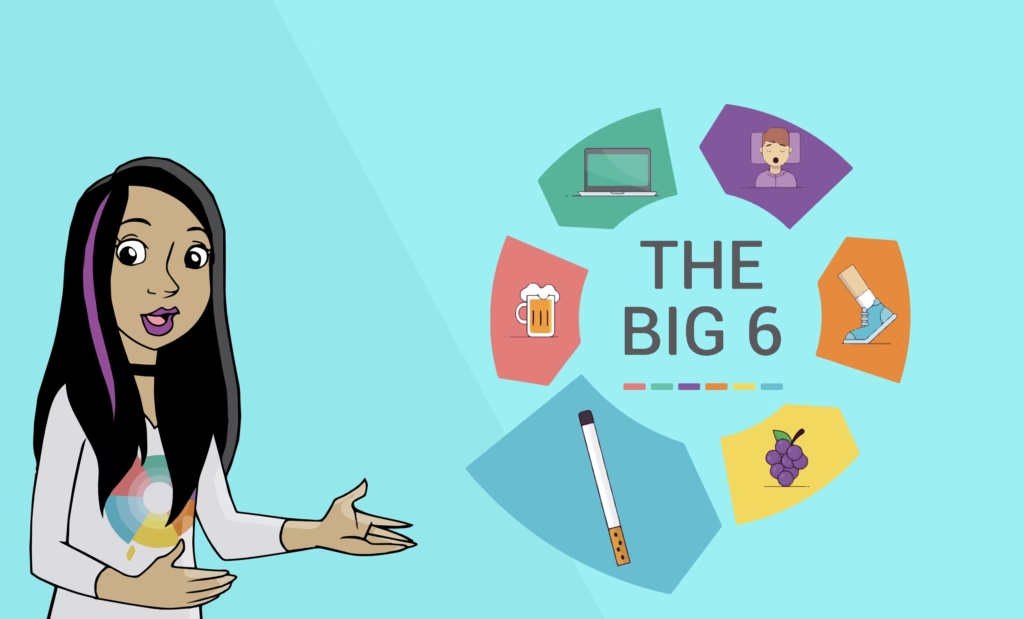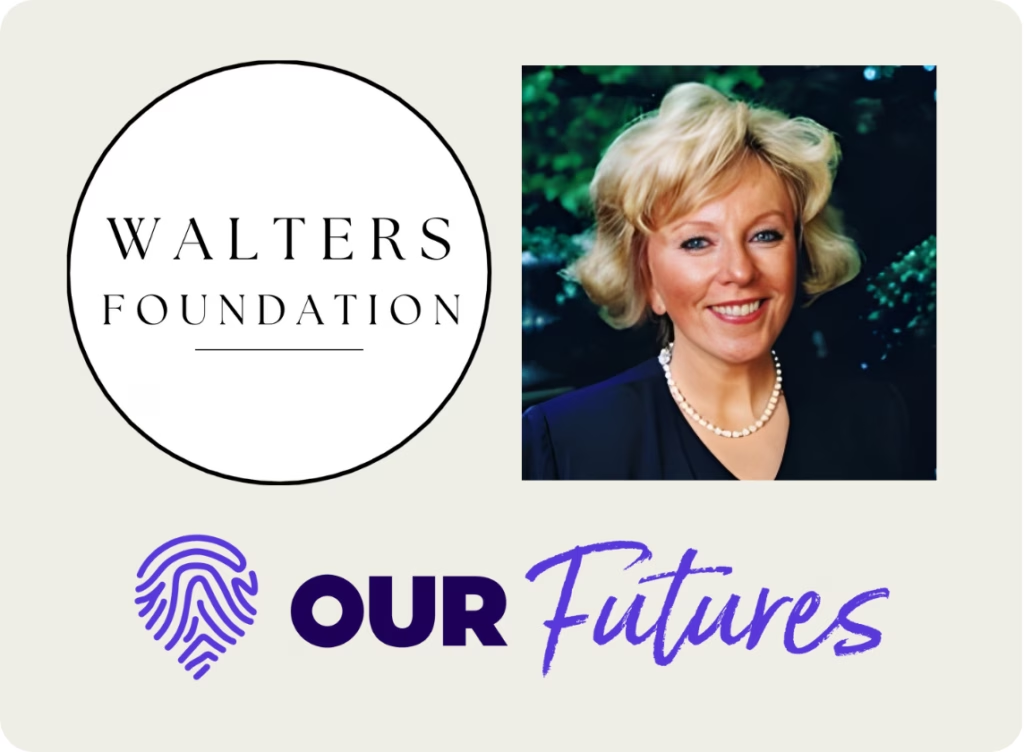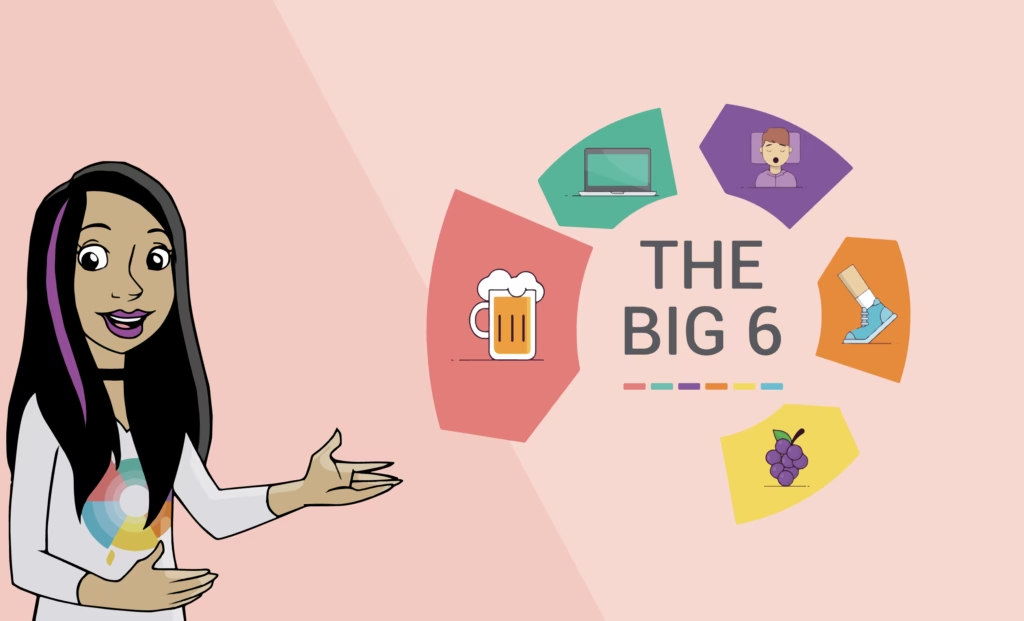
Have you noticed that you comprehend information differently depending on whether you’re listening to it or reading it?
It is commonly believed that the logical validity of an argument remains the same whether we read or hear it, implying that thinking is independent of the way the information is presented (that is, its modality) [1]. However, it is not that simple.
Over the years, researchers have studied how different modalities (listening, speaking, reading, and writing) affect comprehension, and the findings have been conflicting [2]. Traditionally, it has been assumed that our thoughts are shaped by the content of the information being received, not by the modality used to communicate it [1].
Recent research has found however, that thinking is not independent of modality. The way information is communicated – whether through listening or reading – does in fact make a difference in how we process and comprehend that information [1, 2].
One of the major findings to come out of a 2023 study at the University of Chicago, is that people tend to think more intuitively when listening and more analytically when reading [1]. Some key takeaways from this study are as follows:
- Heuristic intuitive thought is more accessible through listening, while reading engages more analytic thinking. This is known as the modality effect.
- Participants were better at solving verbal conflict problems when the problems were presented in written form rather than spoken form.
- While spoken information can be more difficult to grasp because it’s fleeting, the study found that even when written information was presented in small sections, the modality effect still held true.
These findings are particularly important for domains such as law and medicine, but they are also highly relevant to teaching and learning, where thought and information processing are at the core. In teaching, the modality by which information is presented should correspond with the desired cognitive outcomes – whether that’s intuitive understanding or analytical reasoning. At OurFutures, we incorporate the latest research into our evidence-based drug, alcohol, and health education programs, which is why we combine both reading and listening modalities by providing visuals and audio.
A 2021 meta-analysis on reading and listening comprehension further highlights the benefit of combining these modalities. The key takeaways from this study are as follows:
- Combining reading and listening leverages the strengths of each modality and is beneficial for learning. For example, listening can help sustain engagement and interest while reading can increase control of information processing.
- Incorporating both reading and listening strategies in educational settings accommodates different learning preferences and needs, potentially enhancing overall comprehension and retention of information.
- Self-paced reading generally leads to better comprehension than listening, whereas set-paced reading does not show this advantage.
The OurFutures modules engage both listening skills (through spoken cartoon stories), and reading skills (through written text in speech bubbles and written exercises). Since adolescent health behaviour, such as decision-making around substance use, involves both intuitive and analytic processing, this dual-modality approach is critical for effective learning.
References:
[1] Geipel, J., & Keysar, B. (2023). Listening speaks to our intuition while reading promotes analytic thought. Journal of Experimental Psychology: General, 152(4), 1054–1068. https://doi.org/10.1037/xge0001316 [2] Clinton-Lisell, V. (2021). Listening Ears or Reading Eyes: A Meta-Analysis of Reading and Listening Comprehension Comparisons. Review of Educational Research, 92(4), 003465432110608. https://doi.org/10.3102/00346543211060871
Authors: Francesca Wallis and Kriscia Tapia







